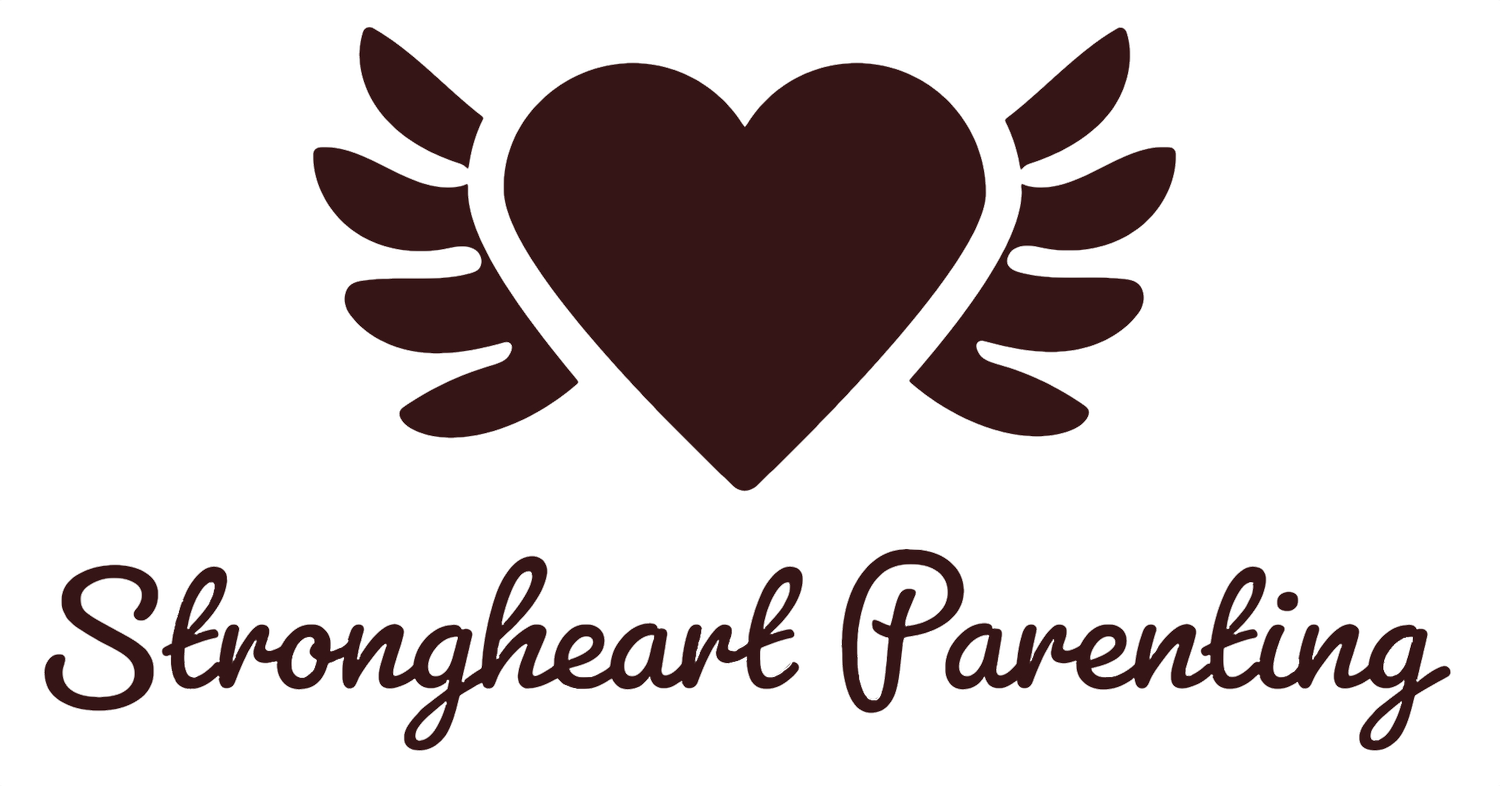'Time-Outs' Are Hurting Your Child — Time
You will see many, many articles from Daniel J. Siegel and Tina Payne Bryson here. Their science is top-notch, approachable, and so supportive for parents.
"In most cases, the primary experience a time-out offers a child is isolation. Even when presented in a patient and loving manner, time-outs teach them that when they make a mistake, or when they are having a hard time, they will be forced to be by themselves—a lesson that is often experienced, particularly by young children, as rejection. Further, it communicates to kids, “I’m only interested in being with you and being there for you when you’ve got it all together.”
"The problem is, children have a profound need for connection. Decades of research in attachment demonstrate that particularly in times of distress, we need to be near and be soothed by the people who care for us. But when children lose emotional control, parents often put them in their room or by themselves in the “naughty chair,” meaning that in this moment of emotional distress they have to suffer alone."
Read more of this classic from No Drama Discipline in Time, while you can.






